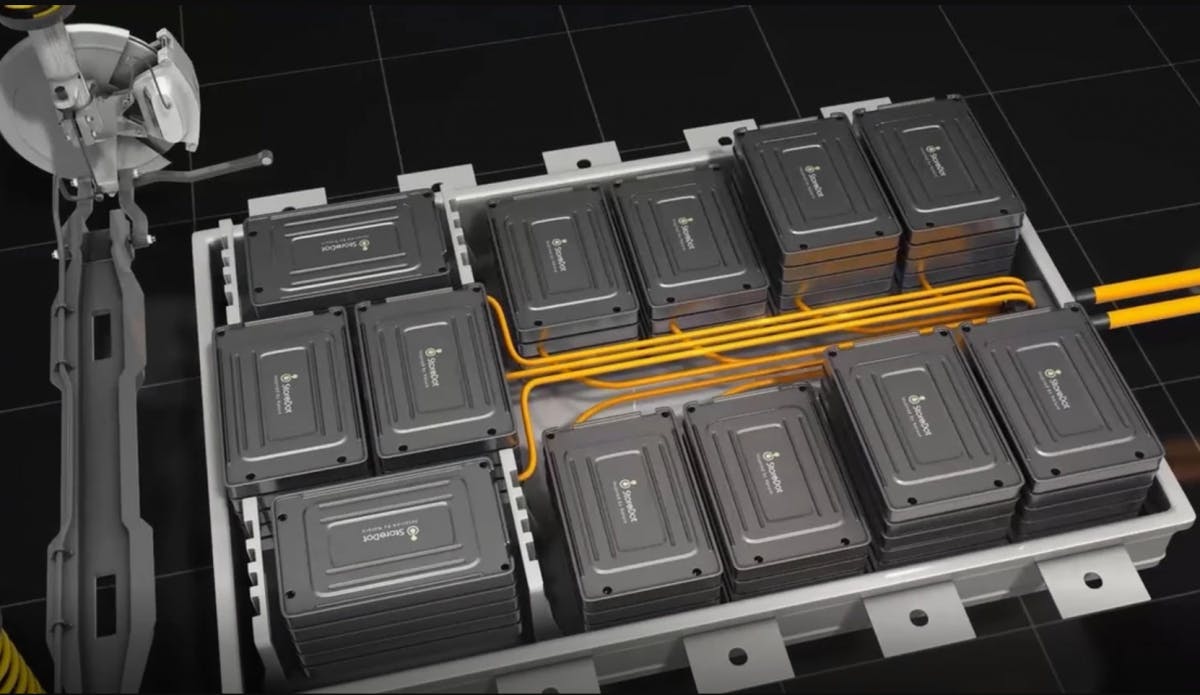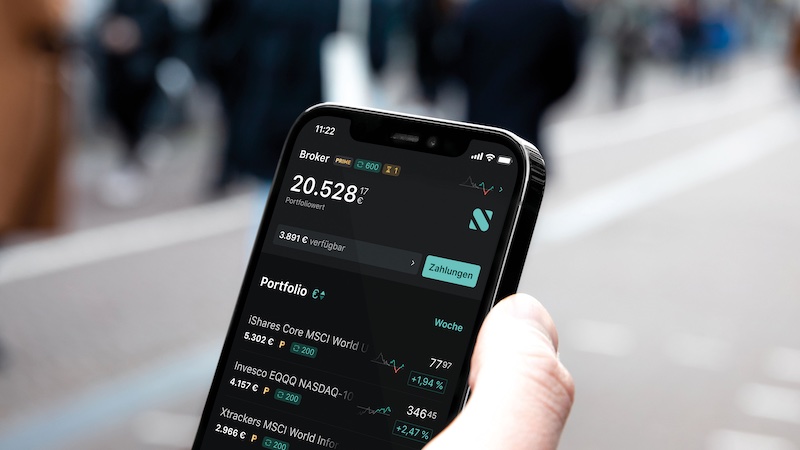This electric car battery is now going into series production
With the XFC Flash Battery, the Israeli developer Storedot has developed a battery that allows charging times in the range of minutes. The Chinese manufacturer Eve Energy will now build them in series.
The “extremely fast charging” (Xtreme Fast Charging: XFC) battery from Storedot becomes finalized for series production. It will be built by the Chinese manufacturer Eve Energy, with whom Storedot has been working for years.
Contents
From smartphones to scooters to cars: XFC is growing up
Together with Eve, Storedot had also developed the form factor for the battery, with which the company demonstrated in 2019 how an electric scooter could be fully charged in five minutes. There is also this video:
For skeptical viewers, it should be noted that the scooter shown is a model from the Spanish scooter manufacturer Torrot, for which a charging time of four hours is specified. The XFC flash battery was full in five minutes. Storedot had already shown how quickly smartphones could be charged with the new battery.
But neither smartphones nor scooters are the primary goal of development. Rather, Storedot wants to use its product in electric cars. That should also be the reason why the mineral company BP invested US $ 20 million in the startup in 2018.
The goal of the company and its investors, which is easy to visualize, is to create a battery in which electricity flows as quickly as gasoline in a tank up to now.
The basis is lithium-ion technology
The technology behind the XFC battery can almost be described as conventional. The basis is the lithium-ion battery, which is why the batteries can also be manufactured on production lines for this type of battery.
In contrast to conventional lithium-ion batteries, no graphite is used in the XFC battery. Instead, Storedot relies on what is known as a silicon-dominant anode. Tin, germanium and “metalloid nanoparticles” are also used. Of course, Storedot doesn’t reveal too much about the composition, which the company calls its “Secret Sauce”.
The greatest challenge: creating sufficient production capacities
In the next few months, the larger-sized XFC battery for e-cars will go into prototype production. From 2024 it should come onto the market in industrial series production. To this end, Storedot and Eve Energy are setting up a joint venture.
Storedot boss Doron Myersdorf now sees the greatest challenge no longer in the technology itself, but in creating sufficient production capacities. Eve boss Liu Jincheng is also confident and describes the XFC technology as extremely important for the faster acceptance of vehicles without internal combustion engines. This would allow existing reservations regarding loading times and ranges to be easily dispelled.



